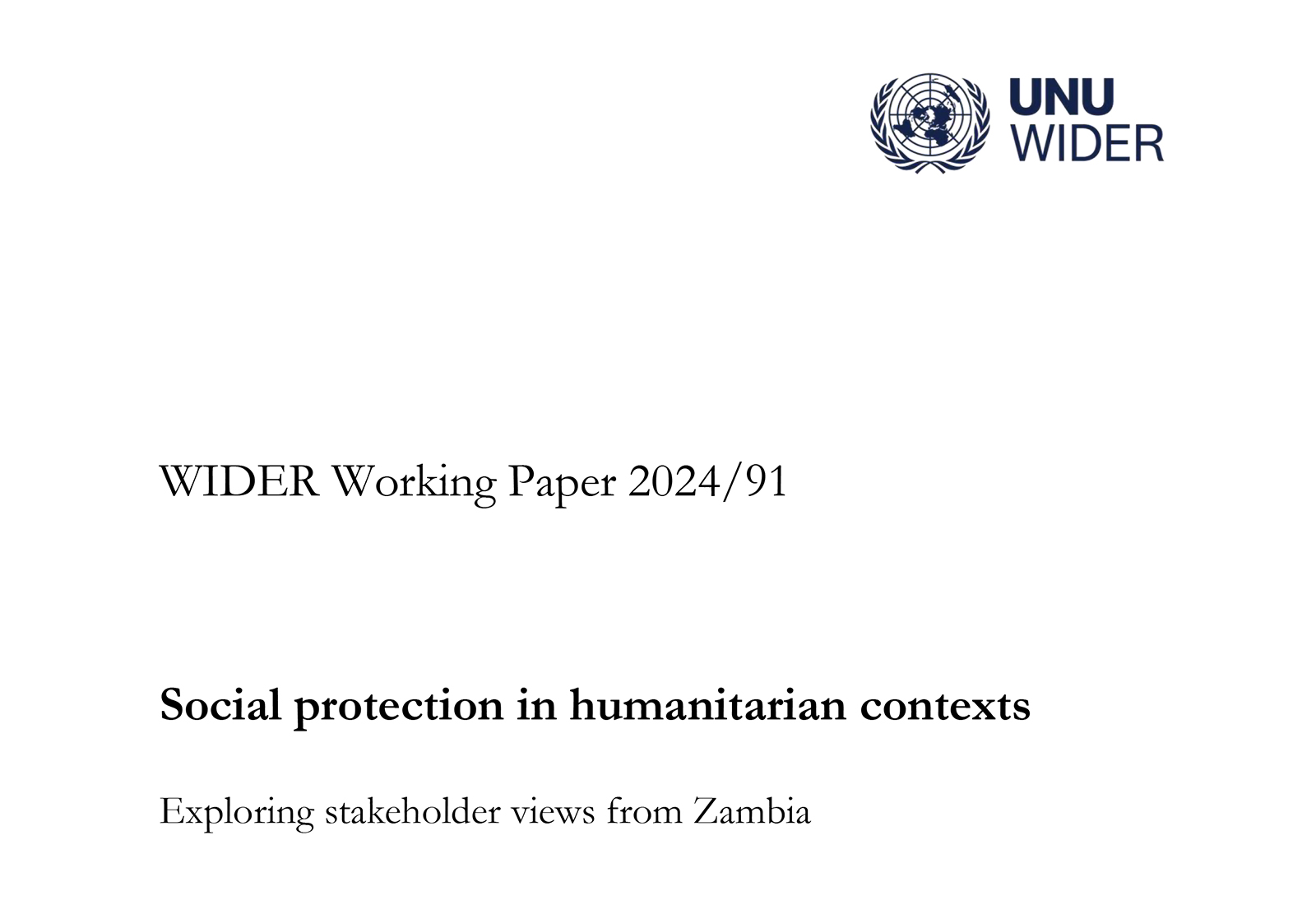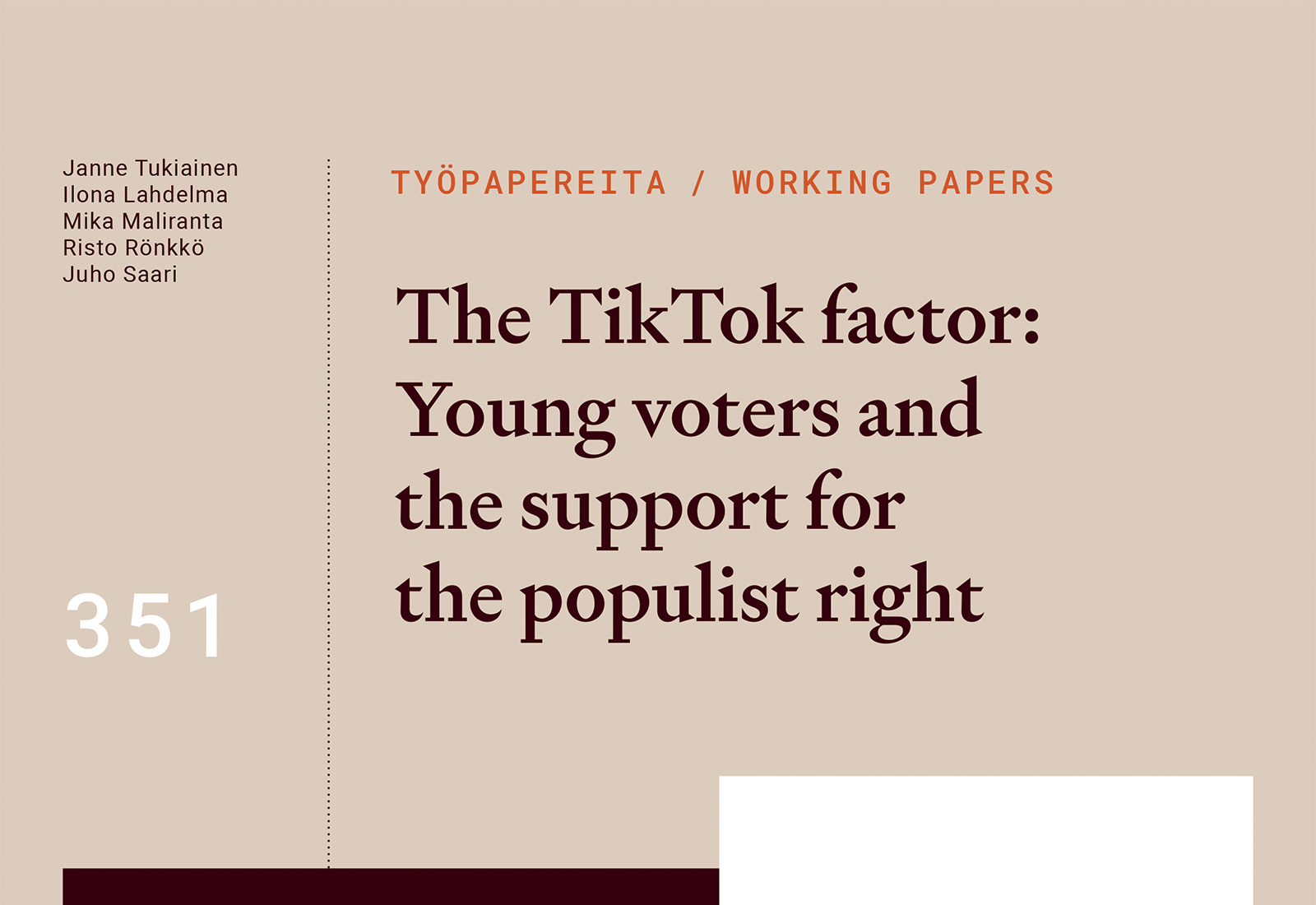Who chooses to become a public sector employee?
Abstract
Purpose – This paper examines the extent to which different individual characteristics affect the decision to become a public sector employee using twin study matched to register-based, individual-level panel data for the years 1991–2009. Design/methodology/approach – The public sector entry probability is examined using fixed-effects logit regression to eliminate shared environmental and genetic factors.
Findings – The results show that the highly educated and those whose field of study is teaching, healthcare or social work are more likely to enter public sector employment. Starting a family and extraversion also positively affect the entry decision. Workers are, however, less likely to enter public sector employment at higher wage levels.
Originality/value – A distinction to previous literature is made using data on twins. This is also the first paper that examines the entry probability instead of comparing public sector workers with private sector workers.
- ISSN: 1795-1801 (Online)
- ISBN: 978-952-209-145-1 (Online)
- Publication in PDF-format


